Exploitation and predatory pricing drove the transformation of the US beef industry – and created the model for modern agribusiness
Get Started for FREE
Sign up with Facebook Sign up with X
I don't have a Facebook or a X account

 Your new post is loading... Your new post is loading...
 Your new post is loading... Your new post is loading...
Airport and Department for Transport fight shy of backing new line from Staines that would slash car usage
Graham Watson's insight:
Interesting Guardian article that argues for investment in a couple of rail links to Heathrow to encourage increased use of public transport in getting to the airport, to offset some of the environmental damage from the airport's expansion.
More than €650m worth of new goods destroyed or thrown away each year, says PM
Graham Watson's insight:
Waste looks like a big issue at the moment with the French government looking to tackle the 650 million euros worth of consumer goods being thrown away every year by banning the destruction of unsold consumer goods.
It's a nice article - not only does it give you the instance of Burberry also destroying unsold clothing, accessories and perfume to protect the brand's exclusivity - something that highlights the absurdity of the practice - but it also tells you who the French PM is - because not many people are familiar with any French politicians other than Monsieur Macron.
The boss of one of the UK's biggest betting companies says more needs to be done to help problem gamblers.
Graham Watson's insight:
The boss of one of Britain's biggest gambling groups has suggested that the industry fund treatment centres for the problems associated with problem gambling. However, he's been condemned by some, who argue that for the last decade he's presided over a firm that's been happy to let people gamble beyond their means, and profit from the negative externalities associated with problem gambling.
From
www
The aircraft industry has to cut greenhouse gases but air travel is growing, so what's the answer?
Graham Watson's insight:
Aviation is a remarkably polluting sector - however, this article looks at the fact that with air travel likely to continue to grow, the only way to cut global carbon emissions is to find ways of making flying less polluting.
Engines will become more efficient, new fuel sources will be exploited and more efficient use of airspace will all play a part in 'greening' the sector, but critics will suggest that 'the bird has already flown'.
Minerals and forests are both critical to a sustainable future. However, mining could affect as much as one third of the world’s remaining forests. The World Bank has adopted a forest-smart mining approach to ensure the best possible outcomes for forests and people who depend on them.
Graham Watson's insight:
This World Bank looks at the negative externalities that mining imposes on forest environment, and stresses the need for a forest-smart approach to mining.
Editorial: Their tinny chimes may be an essential sound of the summer. But are they out of tune with the times?
Graham Watson's insight:
Classic Guardian: the negative externalities of the ice cream van. I kid you not.
Diesel cars older than 15 years will be barred next year as first part of anti-pollution drive
Graham Watson's insight:
Amsterdam is on the point of banning petrol and diesel vehicles from its city centre by 2030, in the hope of tackling pollution, and reduce pollution-related deaths. The scheme is being phased in, with the oldest, least efficient and most polluting cars being banned first.
Electric cars are increasingly taking to our roads but many people still have reservations. Common worries include the price of the vehicles, where you can charge, charging times and the wider environmental costs of manufacturing them.
Graham Watson's insight:
The BBC looks at the case for buying an electric car - my take is that they are effectively saying "Not just yet!".
And equally, don't overlook the adverse environmental implications of some aspects of electric cars.
Engineers are tapping the Rift Valley’s subterranean energy to power an expanding economy
Graham Watson's insight:
And more on fuel - this time, it's geothermal power, which offers Kenya an environmentally-friendly way of generating 'clean ' electricity and help power its expanding economy, to the extent that Kenya could be the world's largest user of geothermal power by the end of next year.
However, it isn't universally welcomed, with some environmentalists pointing out that there are some instances of environmental damage caused by these plants.
Good packaging prevents waste, but too often becomes pollution.
Graham Watson's insight:
An excellent piece from Tim Harford - looking at the paradox of plastic packaging. Packaging is a complex issue, but this article deconstructs some of the paradoxes associated with the use of plastic packaging.
It looks at the various different types of packaging and how it might be the case that non-recyclable packaging might be better for the environment. Well worth a read.
Almost 1,000 people a year in London are hospitalised with asthma caused by pollution
Graham Watson's insight:
London introduces its ultra low emissions zone on Monday - the catchily named ULEZ. The aim of the measure is to tackle poor air quality, but it will now cost certain vehicles £24 per day to enter the zone. And after initially being focused on central London, it will be extended to the rest of the congestion charge zone in October 2021.
That said, it is clear that there are negative externalities of air pollution, with asthma and other breathing conditions worsened by the pollution.
Bookmakers were accused of trying to cheat rules curbing fixed-odds betting terminals with high-stakes games
Graham Watson's insight:
The Guardian's take on those sneaky bookmakers trying to avoid the new maximum stake on FOBTs. Normally, I'm not in favour of arbitrary punishment. In this case, I'll make an exception - I'd fine them for flouting the spirit of the law - not terribly economic, I know but did they really think that this was an acceptable response? |
Tom Watson says the move would tackle abuse and target help at problem gamblers
Graham Watson's insight:
Labour continues to focus on looking at ways to tackle problem gambling. In this case, the solution being proposed is an ombudsman to oversee the sector. Additionally, it wants a new Gambling Act, which would include banning betting on credit cards.
Good rhetoric, or good policymaking?
The reusable cups can be dropped off at designated points before passengers board their planes.
Graham Watson's insight:
Gatwick Airport is looking to reduce its carbon footprint, by tackling waste, trialling the use of reusable at stores located there. The idea is that passenger will be able to drop off the reusable cups across the airport, and they will then be washed sterilised and reused. Much like ordinary cups, in fact.
However, it remains to be seen whether the trial is going to be successful, or whether it will be more successful than charging people for disposable cups.
The greatest challenges to capitalism come when that promise begins to be questioned
Graham Watson's insight:
Richard Reeves is more of a historian than economist, but this is a fantastic read about the nature of market capitalism that echoes Marx's view that capitalism, ultimately, sows the seeds of its own destruction.
It is a great piece of writing and really gets you thinking about what it is that capitalism is really about.
Many records – selling at their highest rate for decades – are PVC, which is to be banned in the EU
Graham Watson's insight:
The Guardian has really got it in for fun lovers everywhere: first, ice cream vans, and now the environmental cost of vinyl. Peak Guardian?
Overhaul of laws needed, with onus on industry to reduce problem gambling, says BMJ paper
Graham Watson's insight:
The Guardian again highlights the issue of problem gambling, citing a British Medical Journal article calling for an overhaul of existing laws and a mandatory tax to tackle gambling addiction.
It notes the size of the problem - according to the IFS "the public cost of problem gambling was between £260m and £1.2bn a year" and the fact that the incidence of gambling has risen dramatically with the advent of online gambling.
From
www
Food outlets should list all ingredients to avoid allergy tragedies, the Food Standards Agency recommends.
Graham Watson's insight:
I've been looking at informational failures with my Divisions microeconomists, and this is a good example of why perfect information is quite so important. Failure to list all ingredients has cost people their lives, such as teenager, Natasha Ednan-Laperouse, and this measure has an exceptionally low opportunity cost.
From
www
A number of Edinburgh's city centre streets are being closed to traffic in an attempt to reduce air pollution.
Graham Watson's insight:
Air pollution is one of the biggest current issues in microeconomics, and this article highlights how Edinburgh is experimenting with traffic-free days in parts of the Old Town, as a way of starting to tackle the problem. It will be interesting to see how this pans out.
Does the emissions target present an opportunity for UK business?
Graham Watson's insight:
Newsnight looks at the costs of decarbonising, and Lord Stern argues that the cost of adopting environmentally-friendly technologies is far lower than it was a dozen years ago.
Thus, many people see this as a remarkable opportunity rather than a challenge that will be difficult to overcome.
Drivers would be quoted a price before each individual journey to reflect its true impact
Graham Watson's insight:
Wow! This allies the use of modern technology to tackle the negative externalities associated with city centre transport. It's believed that the ultra-low emissions zone is looking at trialling a form of sophisticated charging scheme based on the mileage of the individual road user, the vehicle emissions and the prevailing state of congestion and pollution.
It's radical. And surely the most efficient approach to this issue - although the opportunity cost of implementation might be high.
Artificial intelligence is giving us more accurate air pollution forecasts, potentially saving lives.
Graham Watson's insight:
How do you monitor air pollution? Answer, increased use of AI is making it easier to track pollution and thus save lives. An interesting insight into this ongoing problem.
Drivers of older, more polluting vehicles will have to pay a fee to enter the centre of the city.
Graham Watson's insight:
Yesterday saw the introduction of the new Ultra Low Emissions Zone in London, designed to charge the owners of the most polluting vehicles an extra £12.50 for entering the area, in addition to the existing congestion charge.
Critics argue that it's a form of regressive taxation, likely to punish people unable to afford newer, cleaner cars, and worry about the effect on small businesses. However, supporters argue that the negative externalities of air pollution fall most heavily on the poorest Londoners and that the scheme is going to reduce toxic pollution by as much as 45%.
Either way - it will be an interesting case study to see whether it has the effects that are anticipated.
The Ganges is one of the world's most famous rivers, but for years it's been damaged by heavy pollution and overuse. For the millions who rely on it fo
Graham Watson's insight:
This BBC clip looks at the levels of pollution on the Ganges, and Narendra Modi's pledge to clean-up India's holy river. The conclusion is that such is the rate at which the river is being polluted, the existing sewage treatment facilities are unable to cope, and equally, many of the anti-pollution programmes pledged have yet to be completed. |



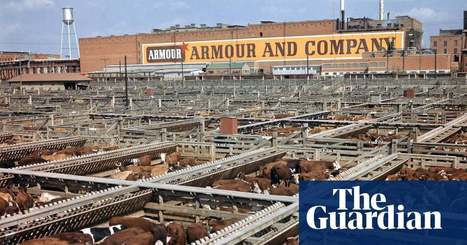

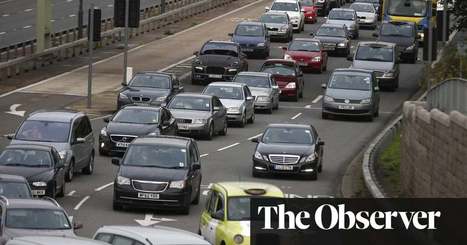
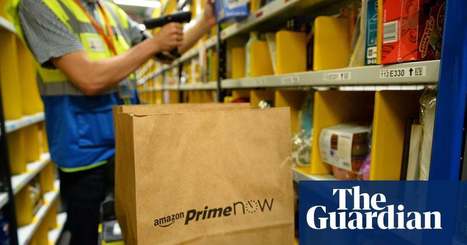
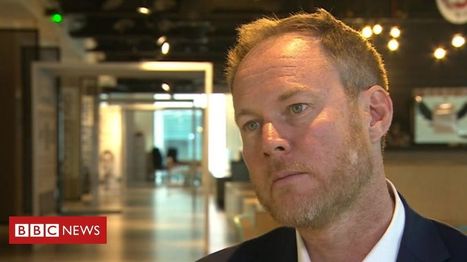


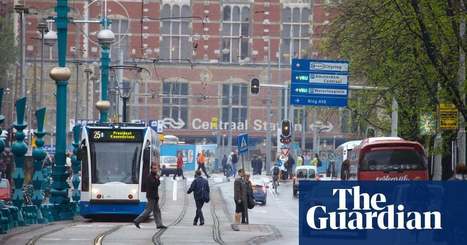
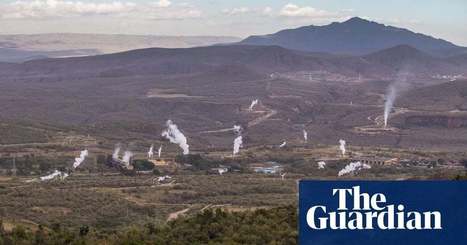
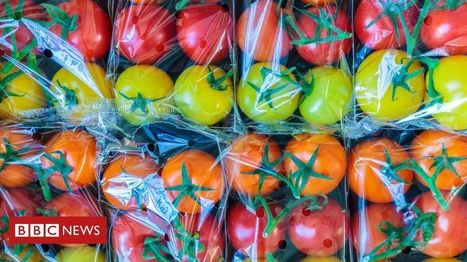
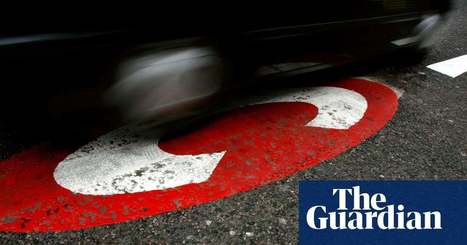



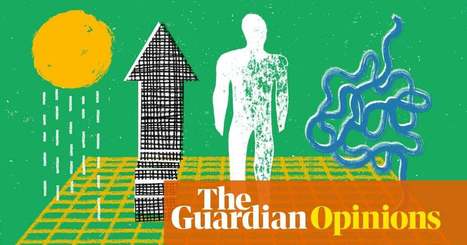


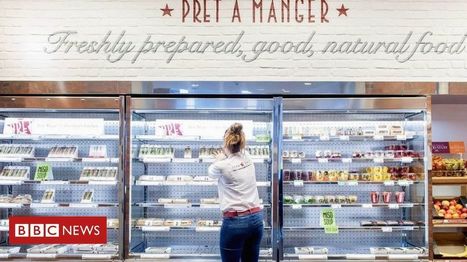
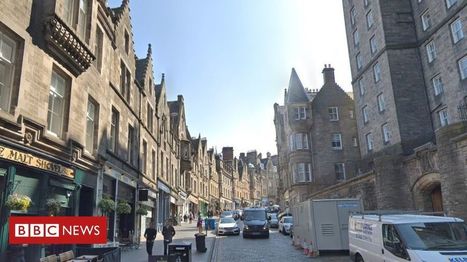
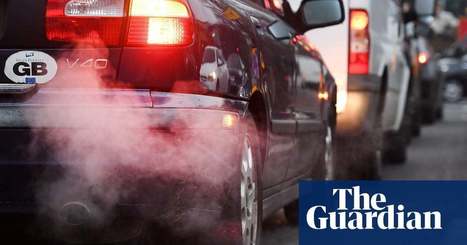

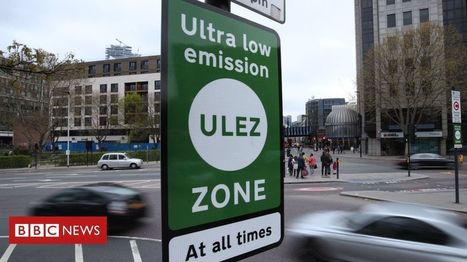





Economic gold - and a great way to pass half an hour. The Guardian's audio long read about the impact of the beef industry on the US, and how it's changed is one for the cognoscenti but it's a fascinating insight into lots of aspects of microeconomics, and helps explain the emergence of agribusiness